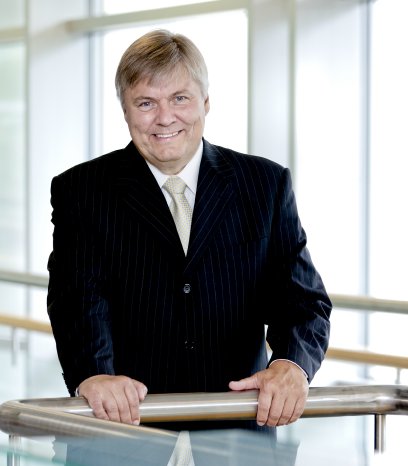The competition authorities in South Korea, the USA, the EU and China have cleared the merger between the two well-regarded companies, both of which will soon celebrate 150 years of independent operations. The new company, formally called DNV GL Group, will comprise 17,000 employees across 300 sites in more than 100 countries, and have revenues of EUR 2,500 million per year.
"It is with great pride that we can now inform that this vision-driven merger for growth has been cleared by the competition authorities in all four required jurisdictions. The merging companies both represent leading market positions, complementary commercial positions and an acknowledged reputation for advanced technology and high quality and integrity," says Henrik O. Madsen, Group CEO of DNV GL.
A global game changer
Madsen argues that this first consolidation of two classification societies will be a global game changer. "DNV GL will be uniquely positioned to offer a broader set of products and services, more in-depth expertise and a denser global network of sites second to none. And importantly, there is a strong commitment by both DNV and GL to the merged company continuing to invest heavily in technology, research and innovation."
Advancing safety and sustainability
An increasingly complex risk environment for customers is expected to drive demand for the new company's technology and risk management services. "In today's risk-sensitive environment, a company's failure to manage risk properly may lead to adverse events, loss of life, damage to the environment or critical business consequences, putting trust and credibility at risk. I firmly believe that DNV GL will be in a stronger position to help companies manage their challenges in the new risk reality and enable them to advance the safety and sustainability of their operations," emphasises Madsen.
Need for independent expertise
While companies' compliance with standards and pursuit of safety and protection of the environment has undoubtedly improved over recent years, Madsen believes there is definitely room for improvements.
"Standards are improving, but there is a lack of international governance. The industry needs strong, independent players that promote greater openness, consistency and effectiveness in the profession and push the development of new adequate measures and standards."
Madsen continues: "For our part, DNV GL, must take an active stance and show that we have qualified opinions on technical, operational, environmental and risk management issues. We aim to deliver technical solutions that are practical and in the best interests of our customers and other stakeholders."
One operation
The past six months laid emphasis on integration planning so that the new company is ready to start operating as one company with effect from 12 September. This means that the former DNV and GL customers will now benefit from a broader service capability, while maintaining the same contact points in DNV and GL as the integration moves forward. All certificates and approvals from DNV and GL will remain valid. In the coming months, DNV GL will accelerate integration processes to ensure consistent and continuous service operations, avoiding any business interruption for customers.
Global impact
"We look forward to offering the best capabilities of our respective organisations to further advance the industries we serve and make a global impact for a safe and sustainable future - a safer, smarter and greener future for our customers and society at large," concludes Henrik O. Madsen.


